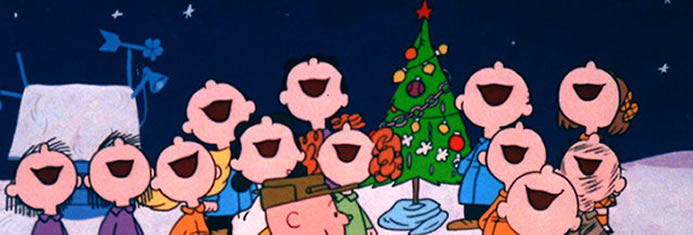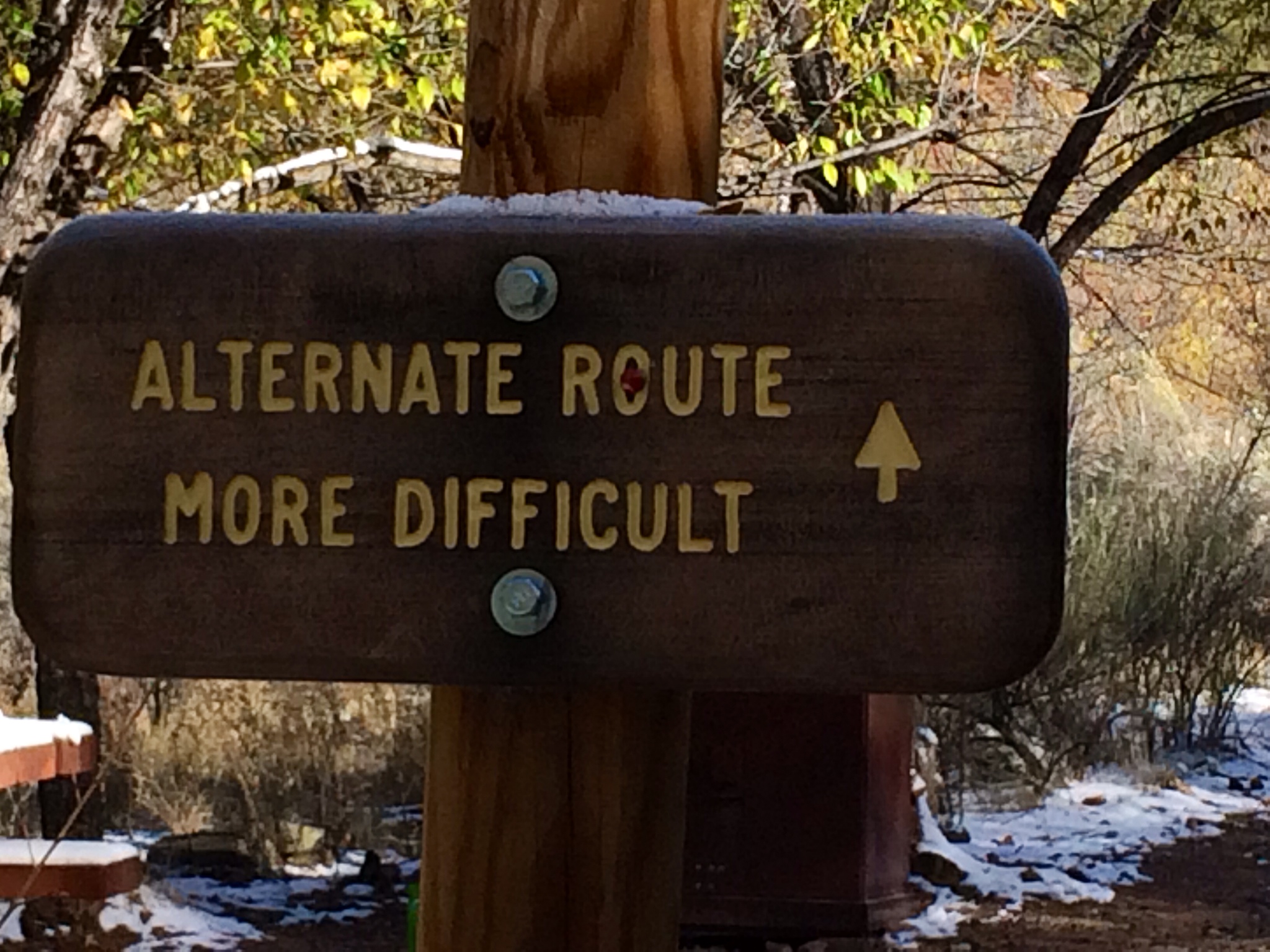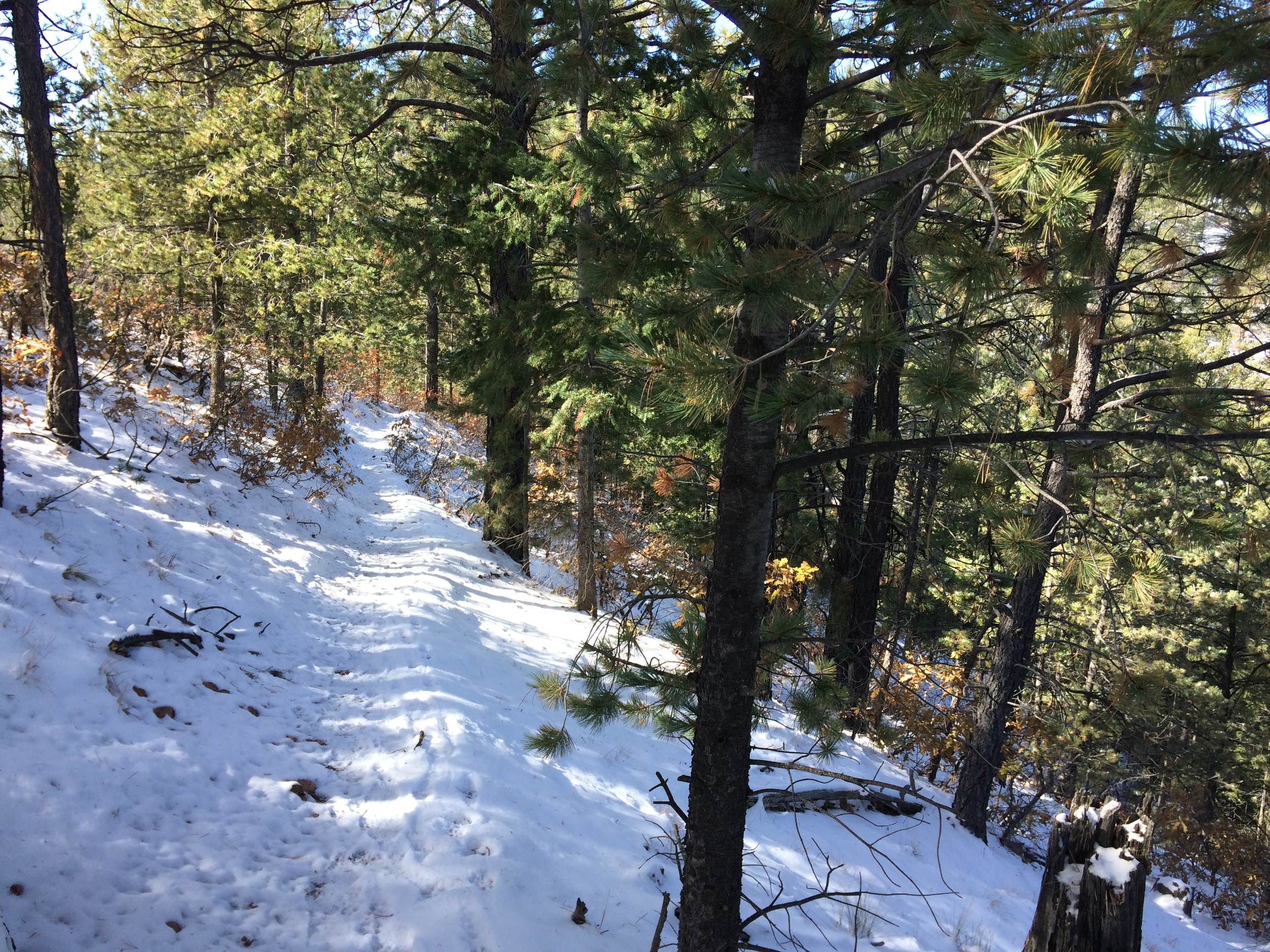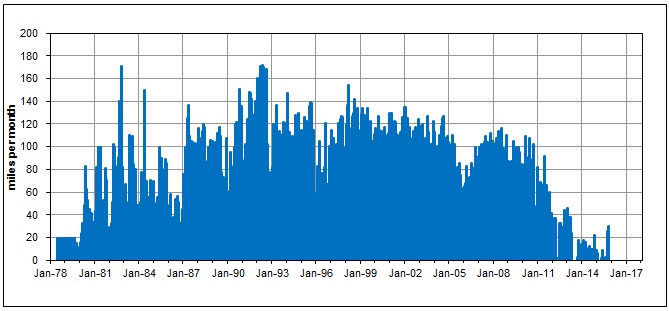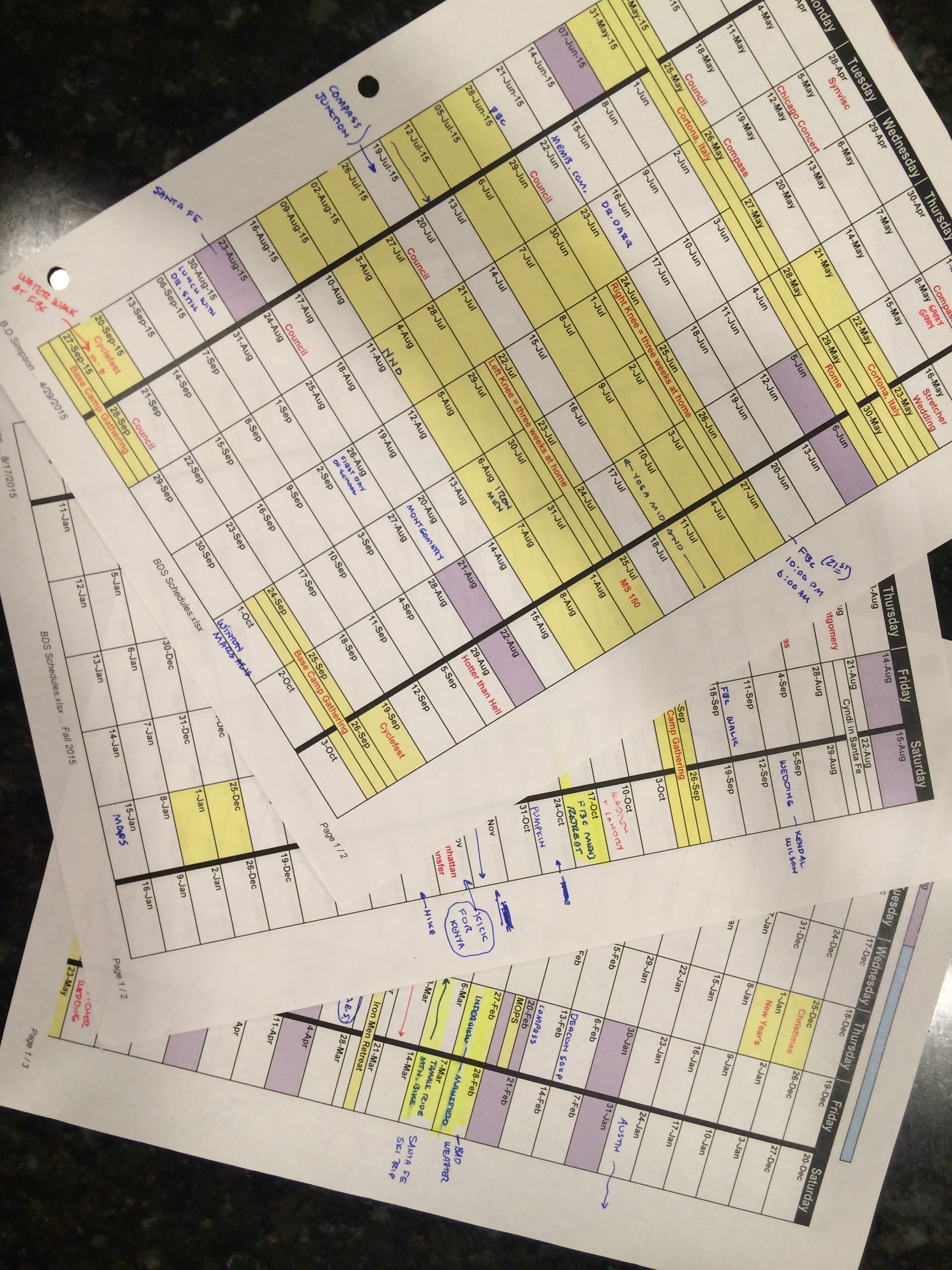Keep Exploring
/As strange as it sounds, I don’t have a list of New Year’s Resolutions this year. It may be the first time in twenty years I haven’t published a list. Not because I’ve been so resolutely successful accomplishing all my past lists that I no longer have anything left to do, but because this is a landmark year for me and it’s put me to reflecting rather than goal setting. In 2016 I will turn 60 and I’m looking forward to it.
When I turned 50 it felt like freedom and release. I said goodbye to all expectations of being cool or hip or fashionable and started crediting my idiosyncrasies as eccentricities. It was great. I was finally living up to my gray hair and beard.
When I turned 40 I finally felt like an adult. (No, that’s not entirely correct. Even today I only feel like an adult about 50-60% of the time. I always think of adults as the men my dad’s generation, whatever age that happens to be.) But at 40 I could no longer hide behind my age. I was old enough to know stuff, old enough to stop blaming behavior on my upbringing, old enough to formulate my own opinions without basing them on some talk radio host or what the guys at work say, old enough to settle into my reading list and read the books I enjoy, old enough to learn new ideas.
When I turned 30, well, that one‘s still a blur in my memory. We had a six-year-old and a three-year-old and dadhood took its toll on my brain cells. The summer of my birthday we moved but didn’t move to California due to a promotion I got and then didn’t get. A few months later I was with my son Byron when he was hit by a car while we were all riding bikes one Saturday afternoon, and it changed my understanding of being a father and spiritual leader. It was the first time in my life I called upon God out of desperation and fear.
The year I turned 20 was my last of three summers touring with Continental Singers as a bass trombonist, and my segue into big-time college life at the University of Oklahoma. It was the beginning of my lifelong journey with personal discipleship, my introduction to daily spiritual practices and teaching, my first experience with leaders who deliberately invested in my life, and my first date with Cyndi Richardson. Little did I know I was starting the adventures that would define the rest of my future.
And so I’ve asked myself, what will it mean to turn 60. I’m not sure, we can only know lasting effects after the passage of time, but I have some ideas.
 Last year my daughter, Katie, gave me a red and white patch that says “Keep Exploring.” In the 1970s I would’ve sewn it on my bell-bottomed blue jeans so that everyone else could see it, but this week Cyndi sewed it on my black backpack so that I would see it every day ... a permanent reminder of how I want to live.
Last year my daughter, Katie, gave me a red and white patch that says “Keep Exploring.” In the 1970s I would’ve sewn it on my bell-bottomed blue jeans so that everyone else could see it, but this week Cyndi sewed it on my black backpack so that I would see it every day ... a permanent reminder of how I want to live.
The Keep Exploring movement was created by Alex and Bret, two young men from Flower Mound, Texas. Their webpage says this: “Keep Exploring is the simple idea that adventure can be found anywhere. We are trying to be better explorers by seeking out opportunities in everyday life. This is a collaborative movement - Everyone is invited. Start looking for new roads to take, old mountains to climb, and wild food to chew.”
Well, that’s who I want to be. Maybe not the chewing of wild food part, but I want my 60s to be years of exploring new ideas and trails and mountains and techniques and books and movies and relationships and influences and music.
A few Sundays ago I was cycling with my friend, Wes, and we were working through our increasing list of athletic ailments when Wes changed everything by saying: This is the best time of our lives. We’re finally old enough people listen to us. We can really make a difference.
I thought about what he said for a long time. Through the years I’ve been motivated by this thought: If I apply the weight of my life toward the people God has entrusted to me, I can change the world.
But now, as I enter my 60th year, even that seems too small. I no longer want to merely change the world … I want to change The Future. I am finally old enough, finally weighty enough, to speak truth into hearts and change the future.
And so I suppose I do have a New Year’s Resolution for 2016: Keep Exploring. I hope you’ll join me. Let’s explore together.
“I run in the path of Your commands, for You have set my heart free.” Psalm 119:32
I need your help. The primary reason people read these articles is because people like you share with friends, so please do. And thank you. Also, you can find more of my writing on my weekly blog, read insights on Tumblr, and follow me on Twitter and Facebook.
